
Ancient Greece was a world of ingenuity and ambition, where towering philosophies coexisted with customs that ranged from stunning to outright baffling. Some ideas laid the foundation for modern civilization, while others? Let’s say they wouldn’t fly today. We’ve got some bizarre ones in here.
The Birthplace Of The Marathon
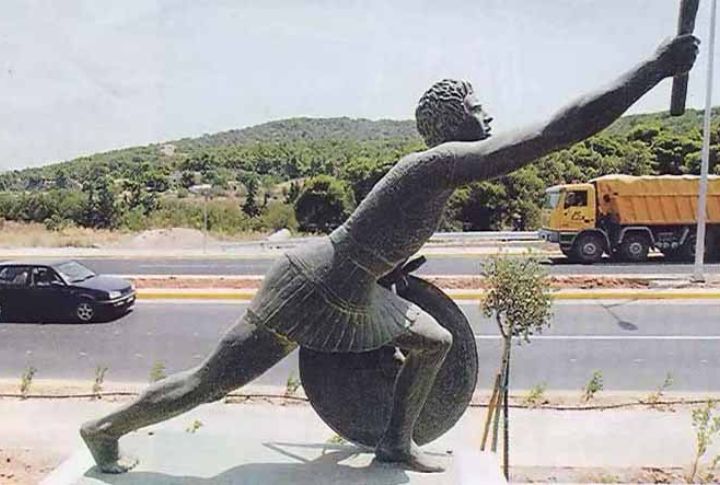
A lone runner, Pheidippides, raced from Marathon to Athens, breathless and triumphant, delivering a single utterance—”Victory!”—before collapsing. This feat, from 490 BC, inspired the modern marathon. But here’s the kicker: historical accounts suggest his journey spanned over 150 miles, making the famous 26.2 miles seem like a light jog.
Ostracism
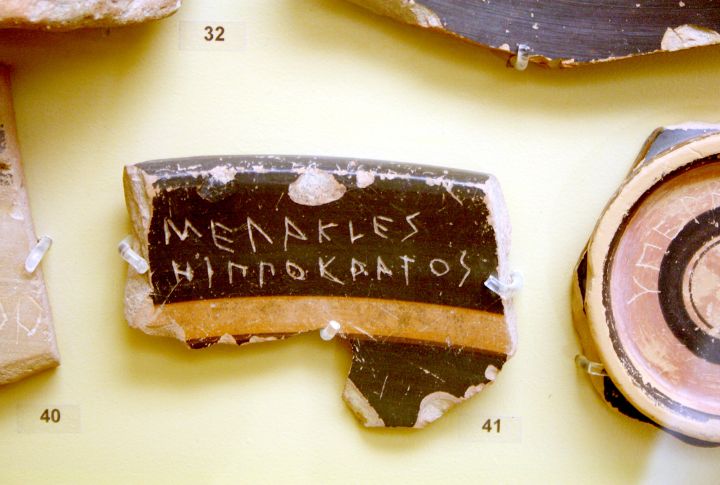
Vote someone off the island—literally. Every year, Athenians could exile a citizen for ten years by writing their name on an ostrakon (a pottery shard). It served as a safeguard against individuals gaining too much power. Ironically, one of its first victims? The very man who helped create the policy.
Democracy’s Ancient Roots
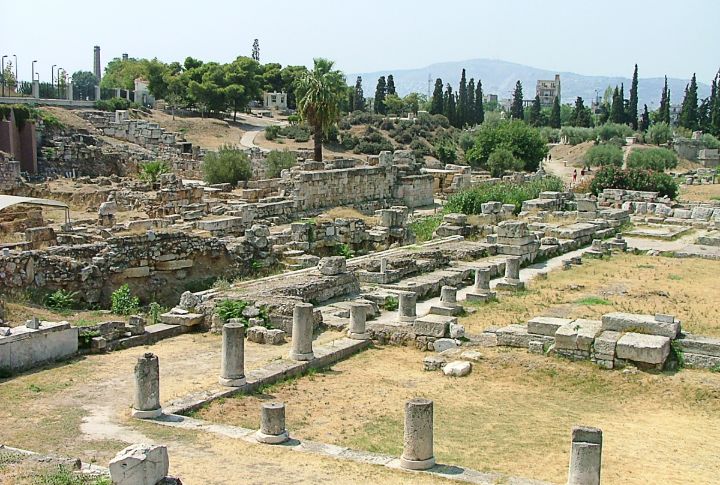
Politics in ancient Athens was a spectator sport. Unlike today’s representative systems, Athenian democracy meant direct citizen involvement—at least for free men. They gathered in the Agora, voting on laws, leaders, and even who should be exiled. It was power to the people, but only a select few were considered “people.”
Fear Of Beans

Pythagoras, the math wizard, feared beans. Not digestion-related—he believed they contained human souls. Hilariously, his followers also avoided them religiously. Some say that he even refused to cross a bean field while fleeing attackers—a fatal choice.
The Original Olympians
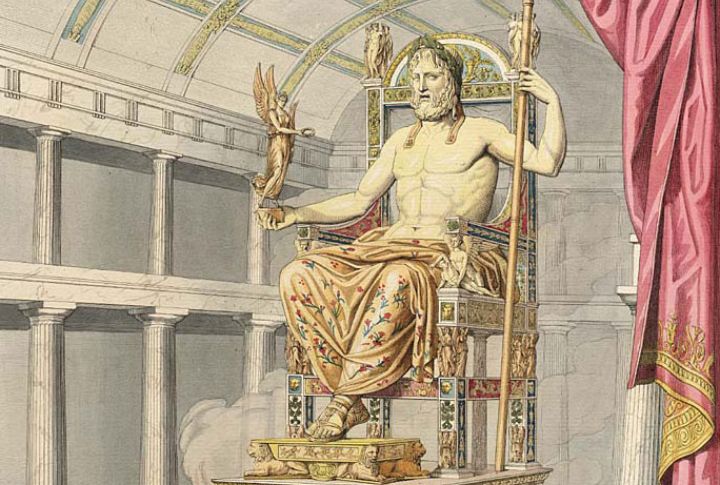
No medals, no national anthems—just raw, unfiltered competition. The first Olympic Games, held in 776 BC, honored Zeus with events like chariot racing and pankration (a no-rules fight to submission). Winners didn’t get gold, just olive wreaths and eternal glory. Oh, and all competitors? They competed while utterly unclothed.
Exercise While Bare

Modesty had no place in Greek training. The term “gymnasium” comes from “gymnos,” meaning unclothed—and the Greeks meant it literally. Training in the buff was a standard practice, which symbolized discipline and a shared commitment to physical excellence. It also reinforced an appreciation of the human form.
Philosophical Foundations

Socrates questioned, Plato envisioned, and Aristotle categorized. These minds reshaped how we think about ethics, politics, and science. But philosophy wasn’t just for scholars—Athenian streets buzzed with debates, sometimes ending in exile (or hemlock poisoning). For the Greeks, thought was a battleground, and wisdom was the ultimate prize.
Spartan Infanticide
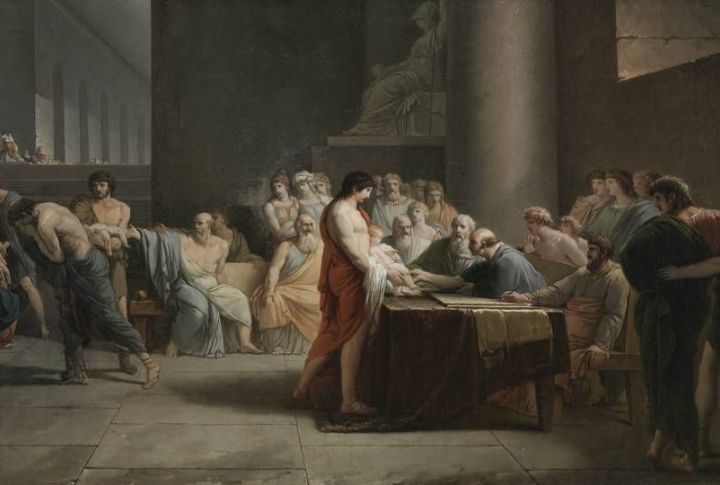
Sparta may have built legends, but at what cost? Spartan newborns faced brutal judgment. Elders examined infants, and those deemed weak were abandoned. Strength was everything. Childhood was a relentless trial—enduring beatings and hardship to forge warriors. Kindness? A liability. And survival? Only earned through suffering.
Architectural Marvels
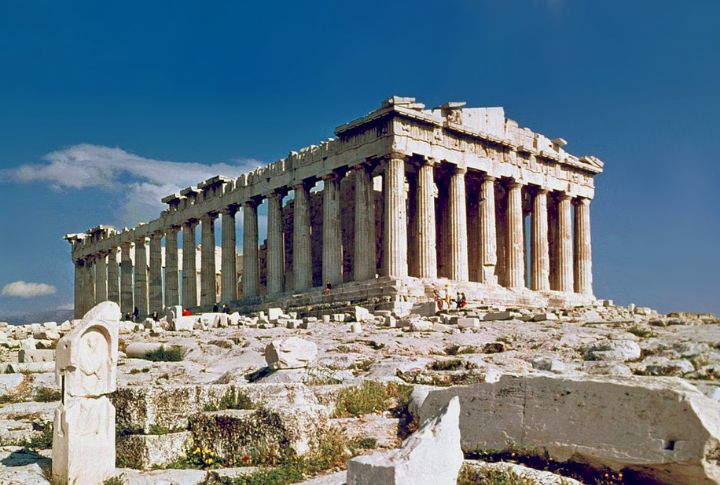
The Parthenon is a mathematical masterpiece, designed with optical illusions that make its columns appear perfectly straight. Built with optical illusions to appear perfectly straight, its columns subtly curve, tricking the eye. The Greeks mastered the art of illusion by crafting structures that manipulated perception to achieve the appearance of perfection.
Toilet Stones
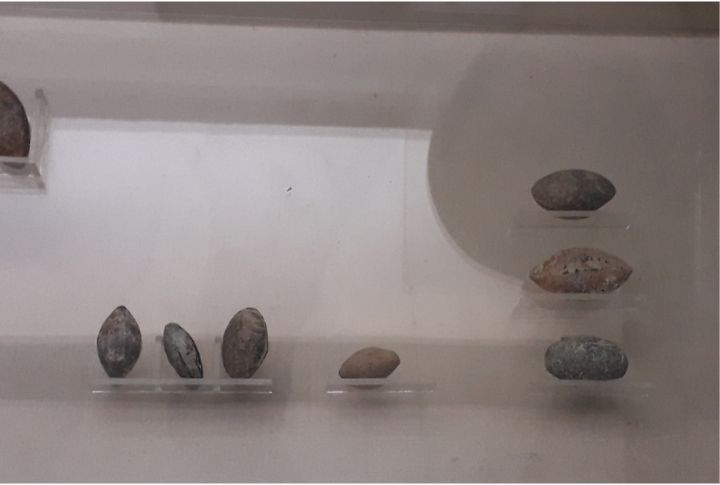
Ancient Greeks took an unconventional approach to hygiene—ceramic shards, known as pessoi, served as toilet paper. Some even bore enemies’ names by turning a mundane act into subtle revenge. This method was hardly the most comfortable and questionably effective, but it was undeniably inventive.

